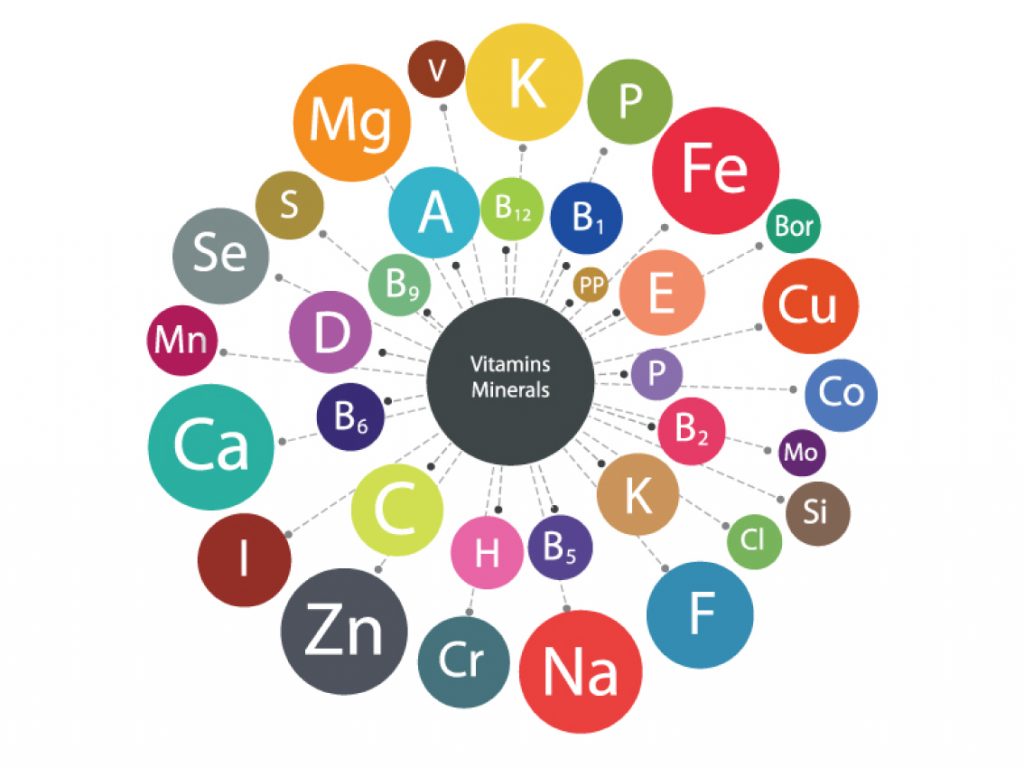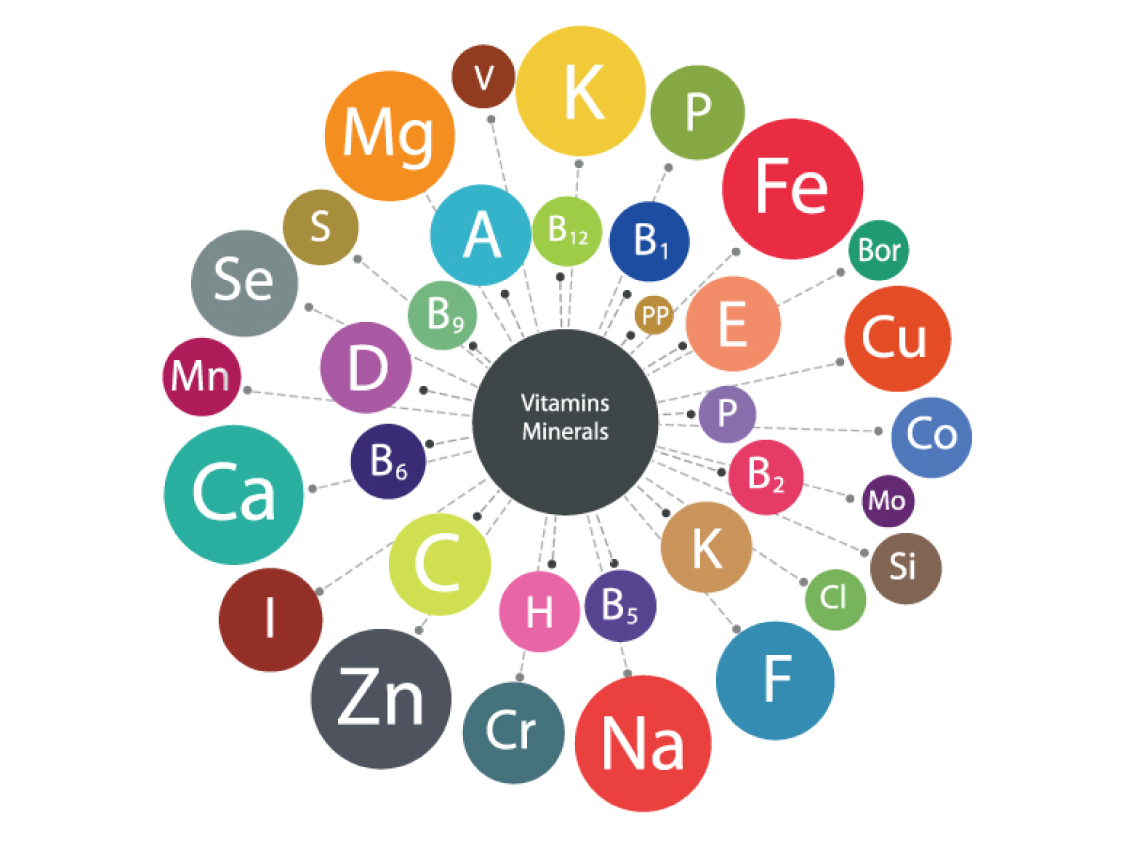Table of Contents
Neuropathic pain is the formal term for nerve pain, and it is estimated that 20 million people in the U.S. suffer from this type of pain. Nerve pain reduces the quality of life because it impacts a person’s ability to get quality sleep and function physically and socially. The pain also causes mental stress. There are many conventional options for treating chronic nerve pain, but including neuropathy supplements in the treatment plan may contribute to some relief and better pain management.
The Many Sources of Nerve Pain
Neuropathy is nerve damage in the peripheral nervous system (PNS), which consists of the nerves outside the spinal cord and brain. It develops for various reasons, including injury, infections, toxin exposure and disease. Diabetes is the most common cause of peripheral nerve damage, and symptoms usually start in the feet but can also affect the legs, arms and hands. However, other types of neuropathic nerve damage affect various areas of the body. For example, proximal nerve damage affects the chest and stomach area.
The symptoms of neuropathy vary, and they depend on the particular nerves that are damaged. Some people may experience weakness or numbness in their limbs. The pain may feel like a tingling, “pins and needles,” or a sharp burning pain. There may be muscle twitching or loss of balance due to muscle weakness. If sensory nerves are affected, people may lose some sensations, like being unable to feel a light touch or pain from a wound. When the autonomic nerves are involved, digestion or heart problems may develop.
Diabetics are particularly at risk of developing foot ulcers due to poor circulation and nerve damage. Approximately 60-70% of diabetics in the U.S. have polyneuropathy, which means they experience sensory, motor, and autonomic nerve issues.

Adding Supplements to Treatments for Nerve Pain
Treatments for nerve pain usually include medical interventions, like corticosteroid injections, prescription medications, and lifestyle changes, including changing the diet and increasing exercise.
Adding supplements to the treatment plan may also help relieve other neuropathy symptoms.
The following are some vitamins and supplements that may reduce neuropathy pain and other symptoms.
1. B-complex vitamins
B vitamins for nerve health include vitamin B1 (thiamine), B6 (pyridoxine), B9 (folate) and B12 (cyanocobalamin), which are essential for the proper functioning of the immune system, metabolism and DNA and RNA production. Numerous studies have found that taking a B-complex supplement may reduce neuropathic pain, especially for diabetics, but also for other patients.
2. Magnesium
Taking magnesium for nerve pain is not a new idea. It has been used to treat various conditions since the 17th century, and today, it is increasingly studied for pain treatment. The mineral may act on NMDA receptors to produce an analgesic effect, reducing pain sensitivity in nerve endings in the peripheral nervous system by blocking receptor activity. NMDA receptors, including those in neuropathic and chronic pain, are essential in pain development and maintenance.

3. Alpha-lipoic acid
One of the factors contributing to neuropathic pain is oxidative stress damage. Taking alpha-lipoic acid for nerve pain may be a therapeutic option because it is an antioxidant. Research has found that alpha-lipoic acid has some unique properties, such as its ability to act internally and externally on cells, unlike other antioxidants. The acid has also shown its ability to modulate oxidative stress pathways and nociception, a process involved in pain perception.
4. Curcumin
Curcumin is another antioxidant that works as an anti-inflammatory. Peripheral neuropathy always has inflammation present. Peripheral nerve damage triggers oxidative stress and inflammation. Curcumin has been found in clinical studies to increase the antioxidant response.

5. Acetyl-L-Carnitine (ALC)
Another supplement that may produce neuroprotective and neurotrophic effects in the peripheral nervous system is acetyl-L-carnitine. Neurotrophic factors are proteins that promote the growth of healthy neurons in the nervous system. Researchers have found that acetyl-L-carnitine may help protect the myelin sheath surrounding the nerves and promote nerve regeneration and functioning. More research is needed, but scientists consider this a promising compound for neuropathy treatment.
6. Fish oil
Fish oil supplements are high in omega-3 fatty acids, which are antioxidants. Omega-3s may reduce inflammation and, thus, nerve pain and also promote neuron growth.
These are some of the best supplements for nerve pain, but more are being studied. For example, vitamins for nerve support include vitamin C and D, and the mineral zinc has inflammatory properties that may reduce pain.
There are also herbal supplements studied for their potential to reduce nerve pain, such as St. John’s Wort. Natural remedies for nerve pain include essential oils, like lavender and rose oil, and Comfrey root extract.
Discuss Supplements with a Doctor
Before incorporating any supplements into your treatment plan, it is crucial to consult your doctor. While minerals, antioxidant compounds like alpha-lipoic acid, and vitamins for nerve pain relief are often available over-the-counter, their effects should not be underestimated. Potential interactions with prescription medications can lead to unexpected reactions. Collaborating with a doctor ensures a safe and effective treatment plan, including the best nerve pain supplements.
Sources
- https://www.cdc.gov/diabetes/diabetes-complications/diabetes-and-nerve-damage.html
- https://catalog.ninds.nih.gov/sites/default/files/publications/peripheral-neuropathy.pdf
- https://pmc.ncbi.nlm.nih.gov/articles/PMC8231824/#sec5-biomedicines-09-00674
- https://pmc.ncbi.nlm.nih.gov/articles/PMC7468697/
- https://pmc.ncbi.nlm.nih.gov/articles/PMC9774895/#sec7-antioxidants-11-02420
- https://pmc.ncbi.nlm.nih.gov/articles/PMC7600446/#sec4-antioxidants-09-00950
- https://pubmed.ncbi.nlm.nih.gov/39114278/
- https://www.researchgate.net/publication/317078034_Is_Fish_Oil_a_Potential_Treatment_for_Diabetic_Peripheral_Neuropathy
- https://pmc.ncbi.nlm.nih.gov/articles/PMC8231824/
- https://pmc.ncbi.nlm.nih.gov/articles/PMC10163606/
